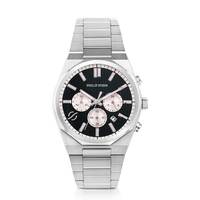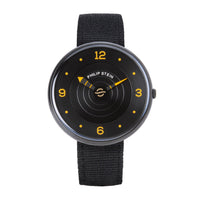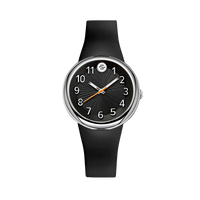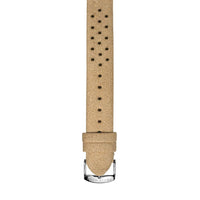
How many calories should you eat daily?
Calories are commonly used to calculate the energy content of food and beverages. If desserts, pizzas, and big bowls of pasta helped us lose weight, the world would be almost perfect, but sadly, that's not the case. Maybe in the future scientists will develop "calorie-free" meals that are healthy and delicious, until then you should keep an eye on the number of calories you ingest daily.
On average, women need to eat 2000 calories to maintain and men, 2500. However, this a rough average, and you should understand how many calories do you need because it considers different factors like age, height, current weight, activity levels, metabolic health, and some others. A calorie calculator can be a great tool to understand your body better and take care of your daily ingest.
The increasing number of products, and even some eating establishments, that are posting transparent calorie information on their packaging and menu boards is a clear sign of the great importance of making informed food choices.
According to Susan Mayne, Ph.D., director of FDA's Center for Food Safety and Applied Nutrition, "For consumers who want to consume fewer calories, having calorie and other nutrition information available has the potential to save and improve lives. Nearly 40 percent of U.S. adults are obese, and obesity increases the risk of heart disease, stroke, certain cancers, and diabetes."
Calories from healthy foods will help you to feel full for more extended periods, give youmore energy for your daily activities, and improve your overall wellbeing while empty calories (the ones found in processed foods with added sugars and trans fats, among other things) can leave you feeling hungry and even deplete your energy levels.
A fact you shouldn't lose from sight is that calories add up quickly so here are a few tips for losing (or maintaining) weight:
1. Set regular meal schedules. It will help you minimize snacking during the day.
2. Eat slow-burning calories. As mentioned, this kind of food takes longer to release energy.
3. Engage in regular physical activity. It will improve your mood while burning off extra calories
4. Improve your sleep cycles. Getting better sleep can help you accelerate your metabolism and increase energy levels.
5. Use smaller plates. Portion sizes have been increasing steadily for decades; using a smaller plate may help you reduce your intake and avoid overeating.






























